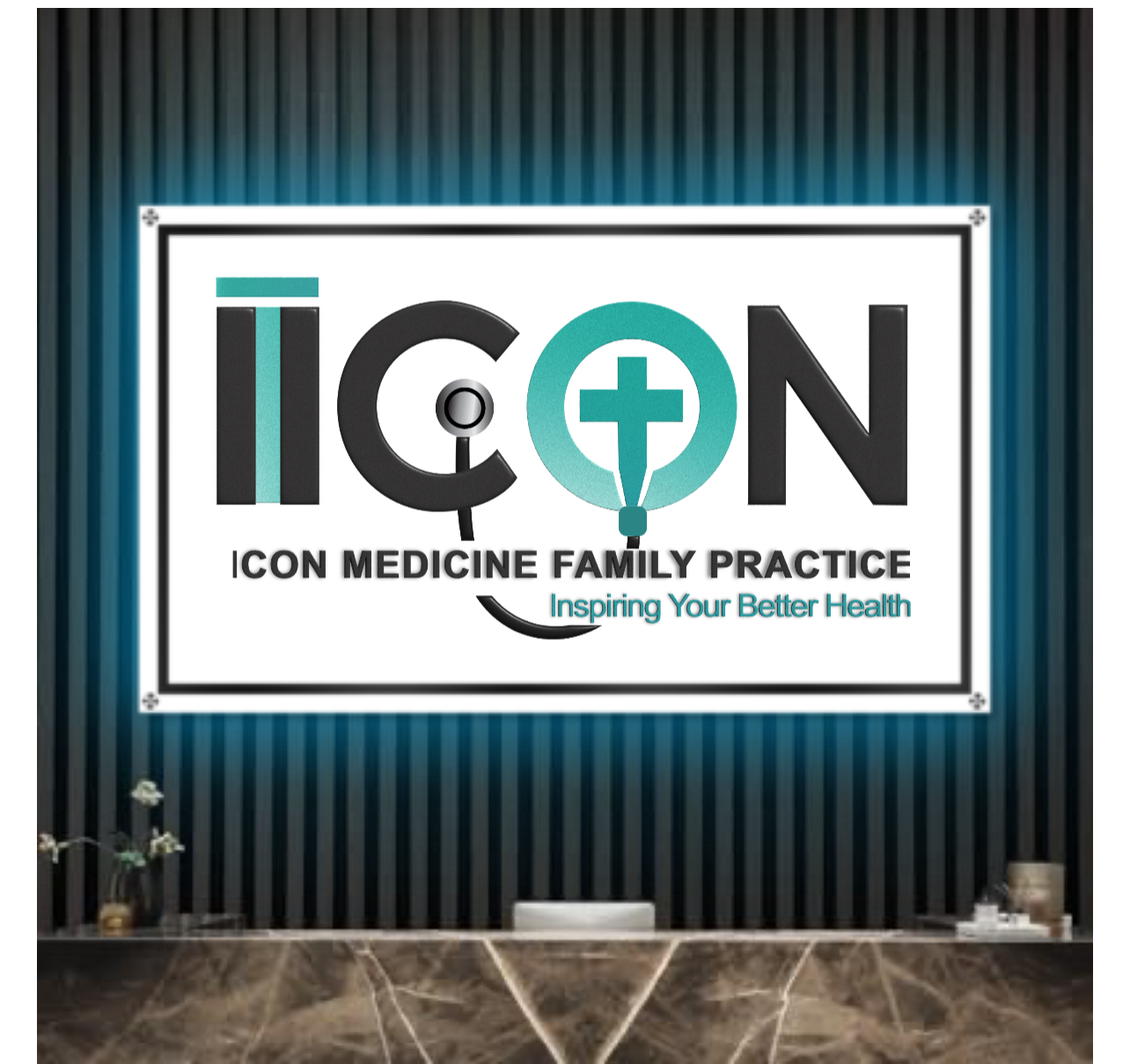Sinus infections, also known as sinusitis, occur when your nasal cavities become swollen or inflamed. This inflammation can lead to a range of symptoms including nasal congestion, facial pain, and a persistent cough. Understanding the causes of sinus infections is crucial in addressing the question, can a sinus infection be contagious.
There are several factors that contribute to the development of sinus infections:
- Viral Infections: The most common cause of sinusitis is a viral infection, such as the common cold. These viruses can lead to inflammation of the sinus membranes.
- Bacterial Infections: In some cases, bacteria can infect the sinuses, particularly after a viral infection has already caused swelling.
- Allergies: Allergic reactions can lead to sinus inflammation, making individuals more susceptible to infections.
- Environmental Factors: Exposure to pollutants or irritants, such as smoke or strong odors, can also trigger sinus issues.
- Structural Issues: Sometimes, structural abnormalities in the nasal passages can lead to chronic sinus infections.
While the initial viral infection causing sinusitis is not contagious, the viruses that lead to these infections can spread from person to person. This makes it essential to practice good hygiene, such as washing hands frequently and avoiding close contact with those who are sick.
At ICON Medicine Family Practice, we prioritize your health and well-being. If you have concerns about sinus infections or other health issues, book an appointment today to receive personalized care.
Are Sinus Infections Contagious or Not?
When addressing the question are sinus infections contagious or not, it is important to clarify the distinction between the underlying causes of sinus infections and the conditions that lead to their development. Sinus infections themselves are typically categorized as either viral or bacterial.
Viral sinus infections, which are the most common, arise from a viral infection, such as the common cold. These viruses can be easily transmitted between individuals through respiratory droplets when an infected person coughs or sneezes. However, the sinus infection that results from this viral infection is not contagious in itself. Instead, it is the cold virus that can spread, potentially leading to sinusitis in others.
On the other hand, bacterial sinus infections usually occur as a complication following a viral infection. These bacterial infections are also not contagious; they develop due to the body’s response to the initial viral infection, where bacteria can flourish in the inflamed sinus cavities.
In summary, while the viruses that can lead to sinus infections are contagious, the sinus infections themselves are not. It’s essential to maintain good hygiene practices to prevent the spread of the initial viral infections that can lead to sinusitis.
Common Symptoms of Sinus Infections Explained

Understanding the common symptoms of sinus infections can help individuals recognize when they might be experiencing this condition. Sinus infections, or sinusitis, can manifest with various signs that may vary in intensity and duration.
- Facial Pain and Pressure: One of the hallmark symptoms is a feeling of pressure or pain around the forehead, cheeks, and behind the eyes. This discomfort can increase when bending over or lying down.
- Congestion: Nasal congestion is a prevalent symptom, leading to difficulty breathing through the nose. This can result from swollen nasal passages and accumulated mucus.
- Mucus Discharge: Individuals may notice thick, discolored nasal discharge, which can range from yellow to green. This is a key indicator of a sinus infection, particularly if accompanied by other symptoms.
- Cough: A persistent cough may develop, often worsening at night. This is typically caused by postnasal drip, where mucus drips down the throat.
- Headache: Pain or pressure in the head can occur, often mimicking the sensation of a migraine.
- Fever: In some cases, a mild fever may accompany the symptoms, indicating the body’s response to infection.
- Fatigue: General feelings of tiredness or malaise are common as the body fights off the infection.
If you experience these symptoms persistently or they worsen over time, it is advisable to consult a healthcare professional for an accurate diagnosis and appropriate treatment.
How to Prevent the Spread of Sinus Infections

Preventing the spread of sinus infections is crucial, especially in communal settings where germs can easily be transmitted. Here are effective strategies to minimize the risk:
- Practice Good Hygiene: Regular handwashing with soap and water for at least 20 seconds can significantly reduce the transmission of germs. If soap is unavailable, use an alcohol-based hand sanitizer.
- Avoid Close Contact: Try to maintain a safe distance from individuals who exhibit symptoms of a sinus infection, such as coughing or sneezing. This is particularly important in crowded places.
- Use Tissues: Encourage the use of tissues when sneezing or coughing. Dispose of tissues immediately and wash hands afterward to prevent the spread of germs.
- Stay Hydrated: Keeping hydrated helps maintain healthy mucus membranes, which can reduce the risk of infection. Drink plenty of water and consider using a humidifier to keep indoor air moist.
- Boost Your Immune System: A strong immune system can help fend off infections. Incorporate a balanced diet rich in fruits, vegetables, and whole grains, along with regular exercise and adequate sleep.
- Consider Vaccinations: Vaccines, such as the flu shot, can help prevent illnesses that may lead to sinus infections. Consult with a healthcare provider for appropriate vaccinations.
By implementing these preventive measures, individuals can protect themselves and those around them from sinus infections, contributing to overall community health.
When to Seek Medical Attention for Sinus Issues

Recognizing when to seek medical attention for sinus issues is critical to preventing complications and ensuring effective treatment. While many sinus infections can resolve on their own, certain symptoms warrant a visit to your healthcare provider:
- Persistent Symptoms: If symptoms last longer than 10 days without improvement, it may indicate a bacterial infection or another underlying issue that requires medical evaluation.
- Severe Pain: Intense facial pain or swelling, particularly around the eyes or forehead, can be a sign of a serious infection or complication that needs immediate attention.
- Fever: A high fever (above 102°F or 39°C) that persists may suggest a more severe infection that requires treatment.
- Vision Changes: Sudden changes in vision or double vision accompanied by sinus symptoms could indicate serious complications and should be addressed urgently.
- Difficulty Breathing: If you experience shortness of breath or wheezing, seek immediate medical help as this may indicate a serious respiratory condition.
- Recurring Infections: Frequent episodes of sinus infections may require a thorough evaluation to identify underlying issues such as allergies or anatomical problems.
Being proactive about your health is essential. If you notice any of these symptoms, don’t hesitate to contact a healthcare professional for a comprehensive assessment and appropriate treatment options.
Exploring Treatment Options for Sinus Infections

Treating a sinus infection effectively requires a comprehensive approach tailored to the underlying cause and severity of the condition. Here are common treatment options available:
- Over-the-Counter Medications: Non-prescription decongestants, antihistamines, and pain relievers can help alleviate symptoms such as congestion, pain, and fever. These medications can provide temporary relief while your body fights off the infection.
- Prescription Medications: For bacterial sinus infections, your healthcare provider may prescribe antibiotics. It is crucial to complete the full course of antibiotics as directed, even if symptoms improve before finishing the medication.
- Saline Nasal Irrigation: Rinsing your nasal passages with a saline solution can help clear out mucus and allergens, reducing congestion. This method is safe and can be used alongside other treatments.
- Inhaled Corticosteroids: For chronic sinus issues, inhaled corticosteroids can help reduce inflammation in the nasal passages, improving airflow and decreasing symptoms.
- Allergy Management: If allergies contribute to your sinus infections, identifying and managing allergens through avoidance strategies or allergy medications can be beneficial.
- Surgery: In severe cases, surgical intervention may be necessary to correct structural issues or remove obstructions in the sinuses.
Understanding these treatment options empowers you to make informed decisions regarding your health. If you’re experiencing symptoms of a sinus infection, book an appointment at Icon Medicine Family Practice today to explore personalized care tailored to your needs.







Leave a Reply